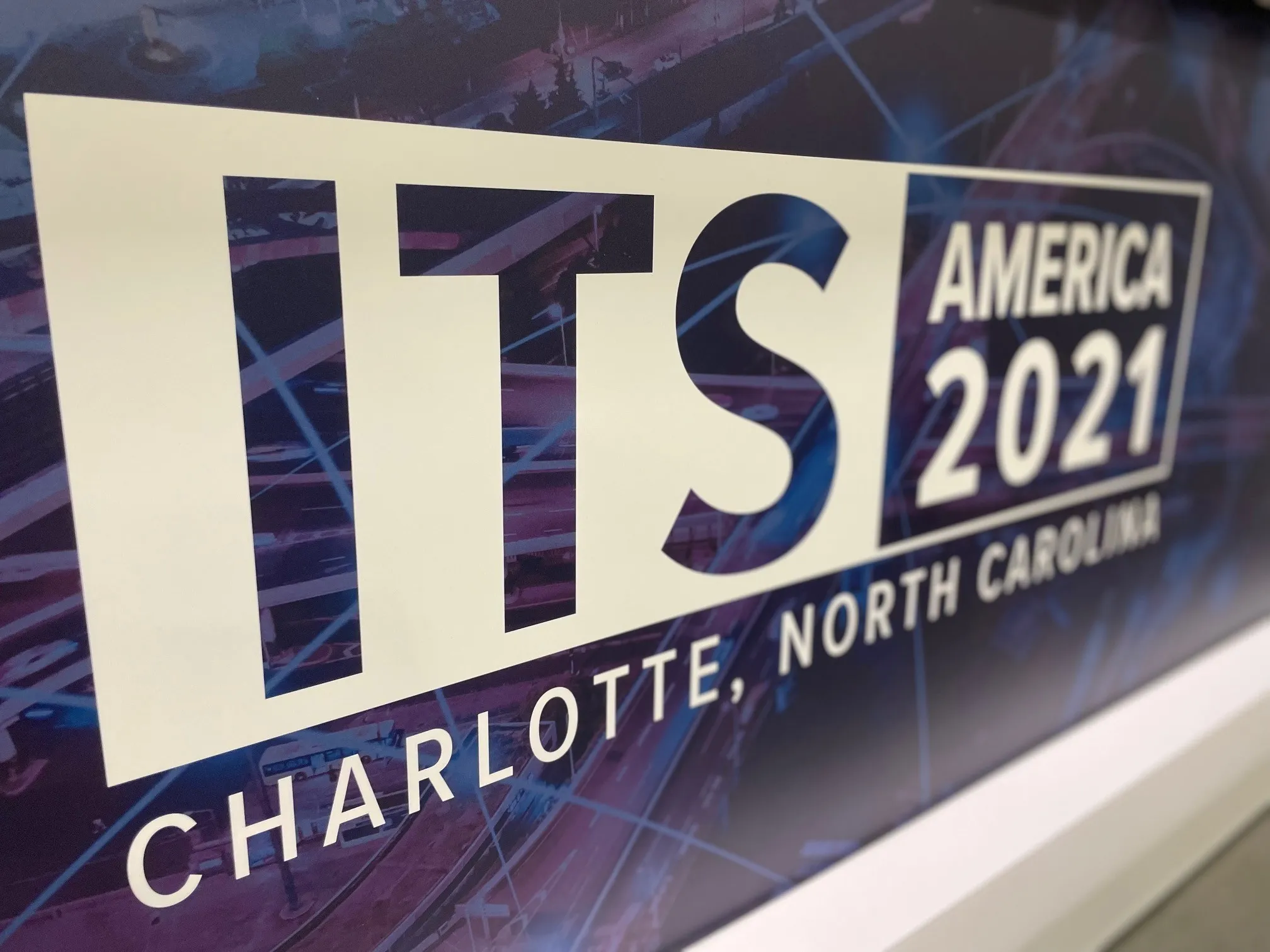According to
The software, which includes a dashboard display on vehicle health and driver behaviour, addresses two main requirements facing today’s public transit environment, state of good repair and vehicle economy. It monitors vehicle performance through the J1939 data network, analyses driver behaviour and trends and delivers real-time vehicle alerts.
Using comprehensive dashboards and reports, MobilE-Eco2 also alerts maintenance staff in real time of vehicle issues that require immediate attention. The driver behaviour data assists agencies in effectively improving fleet life cycle costs through driver training and subsequent behaviour modification.
An optional driver indicator panel gives bus operators a clear view of an individual’s driving patterns. Using a five light LED display, actions like excessive idling, revving of the engine, speeding and other configurable metrics can be indicated to the driver for self-corrective action.
Init launches in-vehicle driver and vehicle monitoring
According to Init, its new Mobile-Eco2, a vehicle health and driver behaviour management system, improves the economy and ecology of public transit.
December 9, 2014
Read time: 1 min









